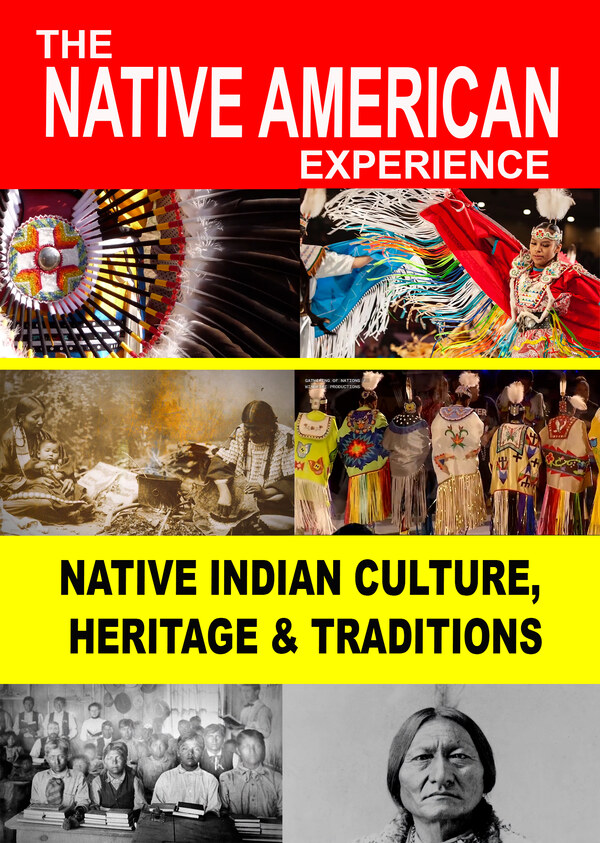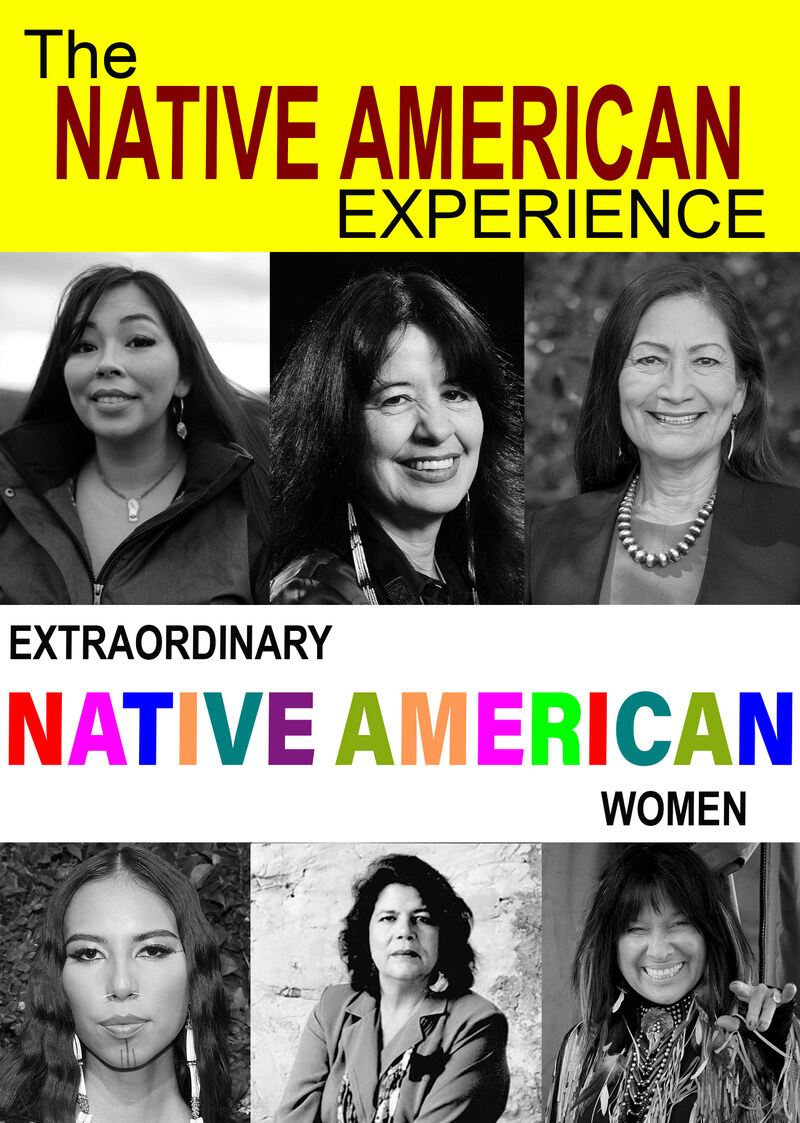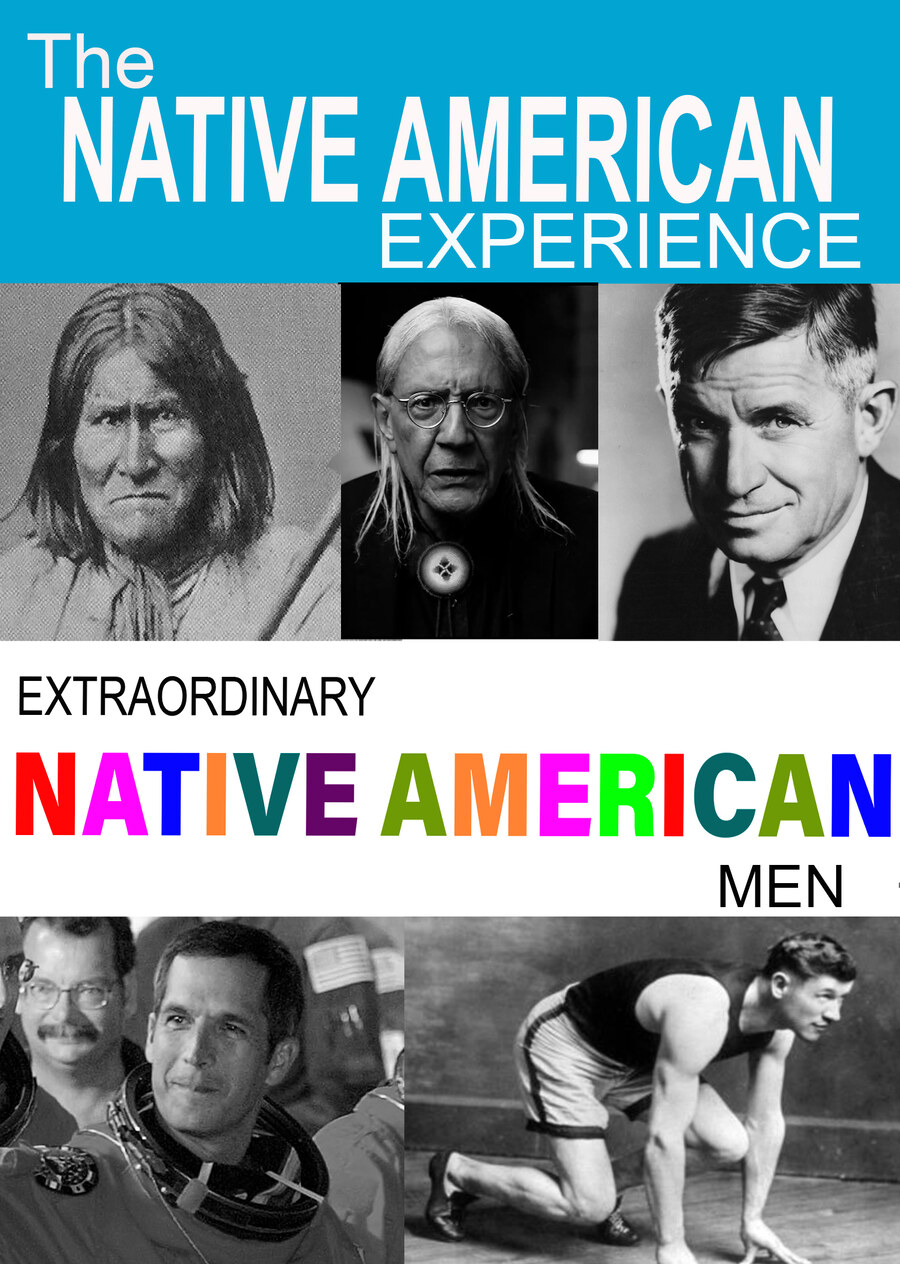The story of the North American indigenous peoples is a story of loss, hardship, violence, betrayal, and misappropriation. It is also a story of community, spirituality, diversity, honor, and resilience. Long before Christopher Columbus stepped foot on what would come to be known as the Americas, the expansive territory was inhabited by Indigenous people known as Native Americans. In this historical program, we discuss the colonization of North America and the founding of the United States along with the early discrimination against Native Americans. Native American Indians are a unique civilization with a rich ancestry stemming back over dozens of centuries. Their societies of tribes, nations and traditions once dominated American soil. Today, Native Indian Heritage is being reborn with ancient languages once again spoken, tradition and culture replenished and although scattered in reservations throughout the country, their heritage and culture continues. During the first half of the 19th century, the United States population witnessed a near five-fold expansion due to high birth rates and a rising tide of immigration from Europe. Westward migration exploded as Americans searched for new land and opportunities. The Native Indigenous were relocated to reservations (some of the most rural areas of the United States) and the tribes of the once dominant population of the United States were reduced to a handful of Indian Reserves. The importance of cattle, sheep, pigs and horses in Europe (not native to North and South America) became food and transportation and provided Native Indians with horses which changed their entire culture from farmers to hunters and gatherers. It has been over 500 years since Columbus made that fateful encounter with the natives of the new world. Despite all of the positive changes that have come for American Indians in the last half of the century, there is still much more to be done to right the wrongs of the past and bring a change to the Native American world.

 Please wait...
Please wait...






